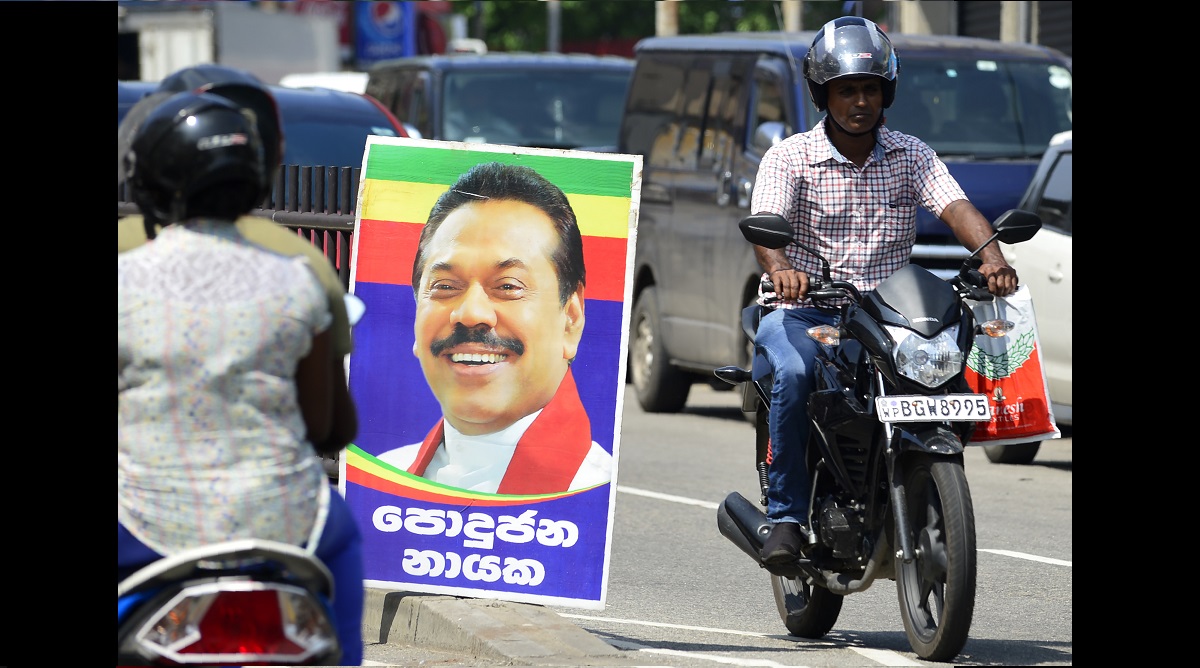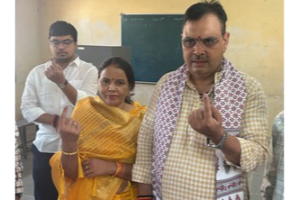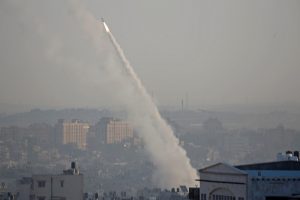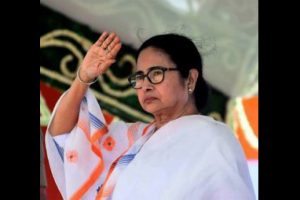Sri Lanka’s political crisis entered its second month on Tuesday with legislators loyal to former President Mahinda Rajapaksa boycotting parliamentary sessions for a second time, against Speaker Karu Jayasuriya’s decision to not recognise them as the legitimate government.
Several MPs including Rajapakse, who was appointed as the Prime Minister by President Maithripala Sirisena on October 26 after Sirisena surprisingly sacked his then Prime Minister Ranil Wickremesinghe, said they would boycott sessions till such time the Speaker recognizes them as the ruling party, Xinhua news agency reported.
Speaker Jayasuriya, during a parliamentary session last week, said there was no Prime Minister or government any more as Rajapakse and his government had been defeated in a no-confidence vote.
“We have clearly said that the Speaker does not have the powers to oppose the decisions of the President and neither does he have the power to select a Prime Minister. We will not recognize the Speaker as the legitimate Speaker any more,” Wimal Weerawansa, Leader of the National Freedom Front, a party loyal to Rajapakse, told journalists.
He said that Rajapakse’s government would continue to call for a parliamentary election in order to resolve the ongoing political crisis.
Legislators from ousted Prime Minister Ranil Wickremesinghe’s United National Party (UNP) informed the Speaker that the purported government had failed to show a majority after it was defeated in two no-confidence motions in Parliament.
UNP MP Eran Wickramaratne requested the Speaker to inform President Sirisena to appoint a new Prime Minister and government from the party which had shown its majority in Parliament in order to end the political instability.
Sri Lanka has been embroiled in a severe political crisis after President Sirisena sacked Wickremesinghe and appointed former President Rajapakse as the new Prime Minister last month.
The UNP has alleged that the removal of Wickremesinghe was “unconstitutional” and said the new caretaker government could not continue in office as it had been defeated in no-confidence motions.
Sirisena has rejected the results of the no-confidence votes, saying it had not been conducted in a “constitutional manner” and requested Parliament to conduct the vote again.
Sirisena has maintained that the present crisis was not serious and would not affect the daily lives of citizens and that the political unrest would end soon.











